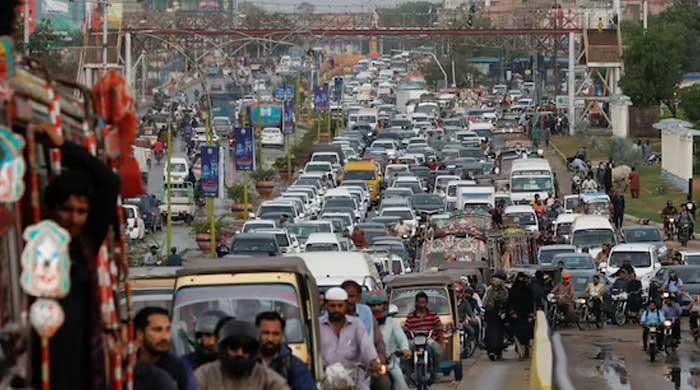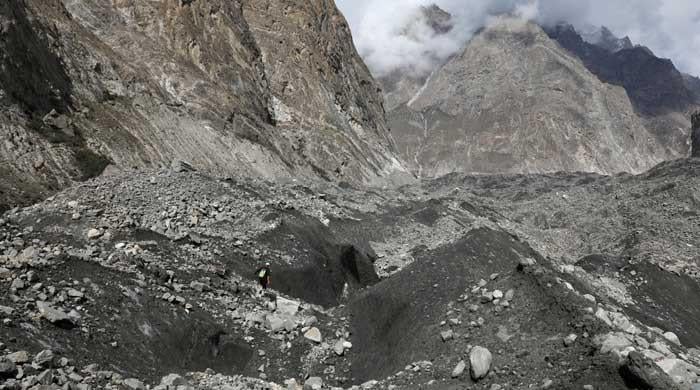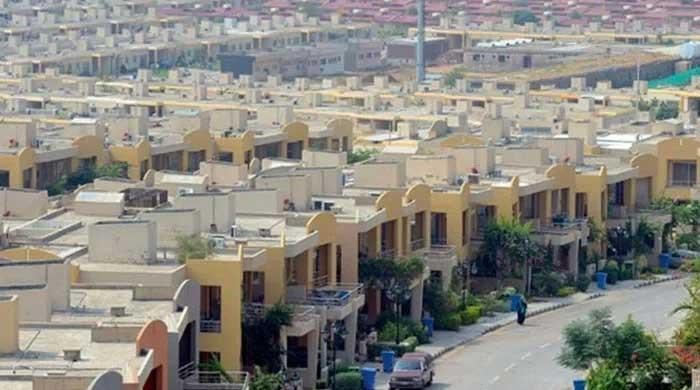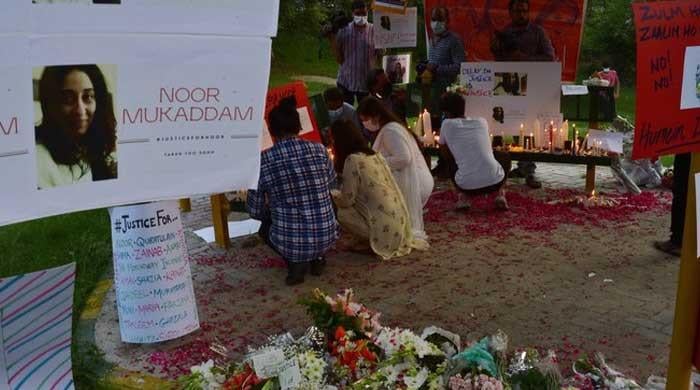Between index and illusion: Pakistan's free speech paradox
Only through transforming constitutional promises into a living, breathing culture of fearless public discourse will Pakistan progress
June 20, 2025

Free speech isn't just ink on parchment in Pakistan's constitution under Article 19, but it is the very essence of democracy in states. With the emergence of the internet, we’ve witnessed a nexus between the ‘online and offline’ and now speech as we see it has also become digital. As users of the internet, we no longer go online; we live in this space. However, restrictions within these spaces now suggest that free speech cannot survive online, and there are impending threats to entire democracies if speech is restricted.
In the constitution of Pakistan, we’ve witnessed in this day and age that Article 19 hasn’t accounted for algorithms and the online ecosystem. Questions that now arise as users of the internet in Pakistan are: are digital spaces in Pakistan a place of diversity and myriad ideas, where people come together, or is it just a minefield of censorship?
The Future of Free Speech (FoFS), an independent, non-partisan think tank located at Vanderbilt University, published their report titled "Who in the World Supports Free Speech?" which is a data-driven exploration of who supports free speech, where, why, and under what conditions; with a focus on trends, divides, and new threats like Artificial Intelligence (AI).
The Future of Free Speech Index 2025 report surveyed 33 countries and gave Pakistan an overall score of 57.04 (out of 100). While this remains on the lower end globally, Pakistan made one of the biggest improvements worldwide. Its score increased by 5.5 points since 2021, placing it among the top three most improved nations alongside Indonesia and Malaysia.
The report also revealed a paradox for Pakistan: despite achieving that milestone, it remains one of the worst-ranked nations for actual tolerance of contentious expression. This paradox isn't new at all, as we have seen time and time again in cases of censorship and crackdown on dissenting voices. In 2025, the PECA Amendments have already been wielded to silence journalists and internet users. Law enforcement agencies arrested prominent reporters like Farhan Mallick and Waheed Murad under vague charges of “false” or “intimidating” content, and over 150 media figures were booked last December for covering protests.
These aren’t isolated cases but part of a broader pattern as Pakistan has slid to 158th out of 180 in the 2025 World Press Freedom Index, reflecting digital censorship, legal repression, and shrinking safe spaces for dissent in both online and traditional media. It is almost like Pakistan is a student who improved the most in performance over time, but still consistently fails their exams. There is a yearning for more transparent discourse about freedom of speech amongst the upcoming generation as evidenced by the above-mentioned survey but the space to speak up and be heard is narrowing and that can be seen in the recent PECA Amendments of 2025 that represents a serious rollback of digital free speech in Pakistan, disproportionately affecting journalists in this region by tightening the metaphoric legislative noose.
In a study done by Digital Rights Foundation (DRF), the extent of these restrictions’ consequences is explained in this manner:
“The overly broad and aggressive approach of the government towards the regulation of digital spaces in Pakistan has led to a ‘chilling effect’ phenomenon, wherein journalists and others will practice self‑censorship as a form of pre‑emptive protection…”
In this digital minefield of censorship and restrictions, AI enters, transforming the new digital battleground into an even more dangerous and alarming space. In a country where more than 100 legislations were introduced and passed in a matter of a few months in 2023, it is hard to imagine the efficacy of their implementation, but it has certainly earned Pakistan the title of being an over-legislated country. It is therefore hard to imagine that AI won’t be regulated by the government eventually, especially since a bill titled the Regulation of Artificial Intelligence Act 2024 was tabled in the Senate just last year.
DRF provided a legal analysis of said bill, which critiqued the proposed AI legislation for its vague definitions, lack of clear oversight mechanisms, and failure to align with international best practices such as the EU AI Act and the US Executive Order 14110. It warns that the bill, as drafted, risks misuse of power, weakens accountability, and poses threats to rights such as freedom of expression and data protection. Though it is interesting to note that the Ministry of Information Technology and Telecommunication (MoITT) has come out saying that it is too early to regulate AI. But the disinformation and deepfake epidemic created by the harmful use of generative AI is not going to wait to impact and destroy real lives till Pakistan feels ready to regulate AI.
The Global Survey by FoFS sheds light on what Pakistanis want — they want dual regulation on generative AI, which would include dual oversight by both government entities and tech companies, as it would be helpful in reducing misuse of said tech. This report also showcases the low tolerance Pakistanis have for AI-generated content that targets religion, minorities, or national symbols, which reflects a strong preference for safeguards against offensive or destabilising material. While Pakistanis oppose social media regulation, they are more open to external regulation of AI, especially tools like ChatGPT, showing a cautious approach toward emerging technologies.
Free speech in Pakistan, especially in 2025, is marred by two different realities. The international global survey and consequent report, "Who In The World Supports Free Speech?" shows us as "Most Improved", but the lived experience of so many people rings alarm bells of "danger, danger: proceed with caution". The +5.5 points are a start, but the silence still speaks volumes.
This holds up a mirror to Pakistan. It reflects a nation longing to speak freely — a hunger so potent it has earned global recognition. Yet that same mirror reveals deep fractures: intolerance festering beneath the surface, the chill of self-censorship, and digital shadows where diverse voices disappear without a trace. Only through transforming constitutional promises into a living, breathing culture of fearless public discourse will Pakistan progress, and it will be the true measure of its democratic soul. Because the world is watching, and the algorithms are learning.
Anam Baloch is the Programs Lead at the Digital Rights Foundation in Pakistan, where she leads initiatives on digital security, online privacy, and freedom of expression. Her work focuses on research, policy, advocacy, and capacity building to safeguard digital rights and promote safer online environments across the country.











